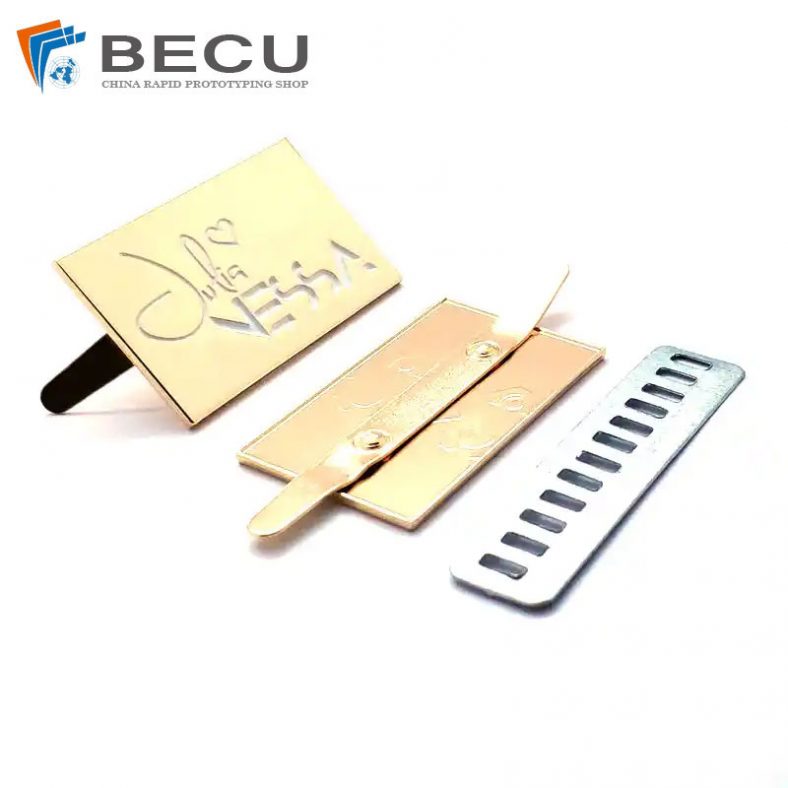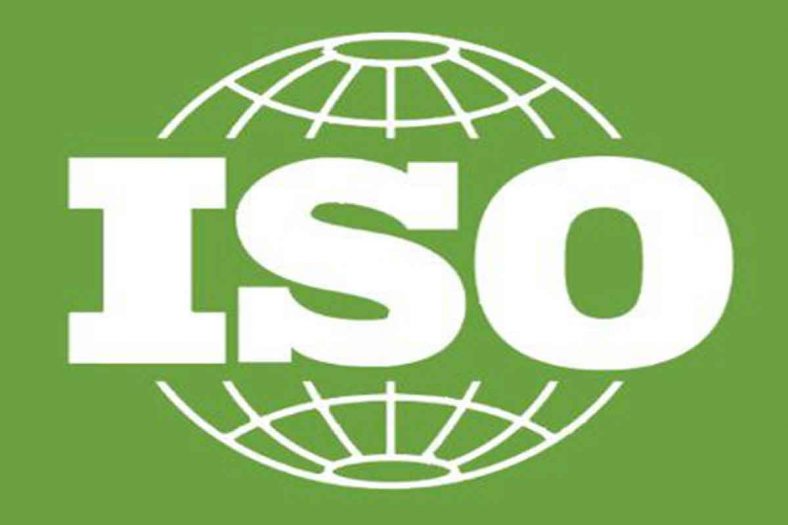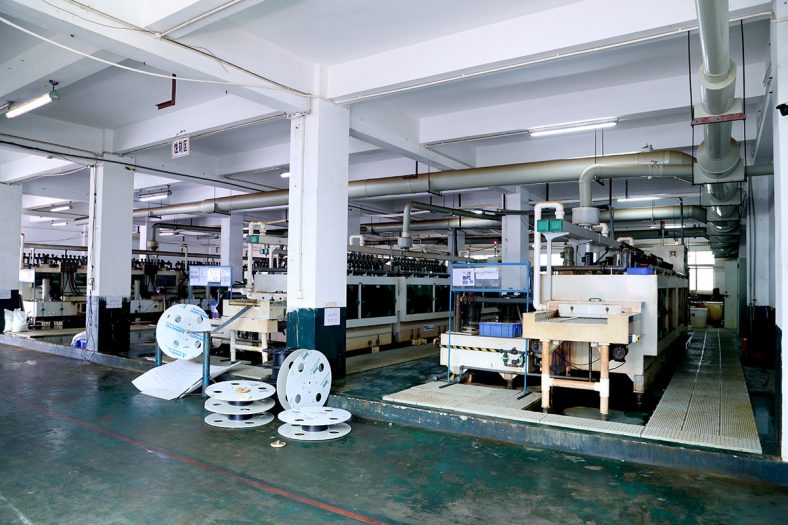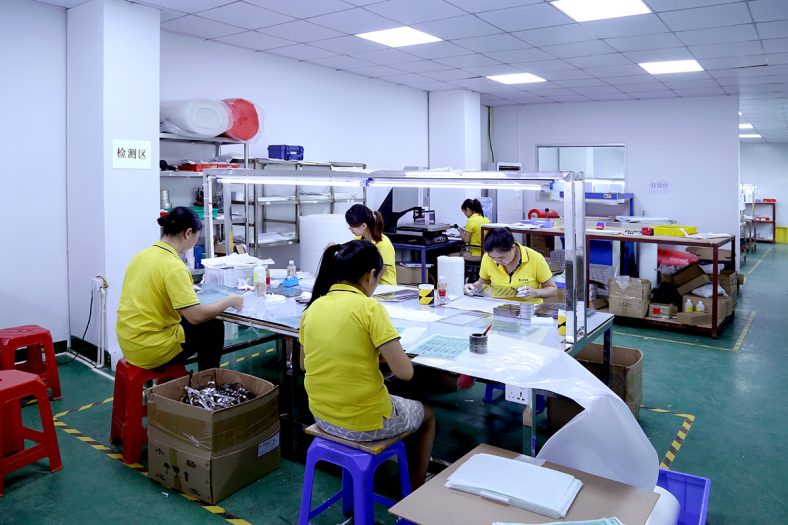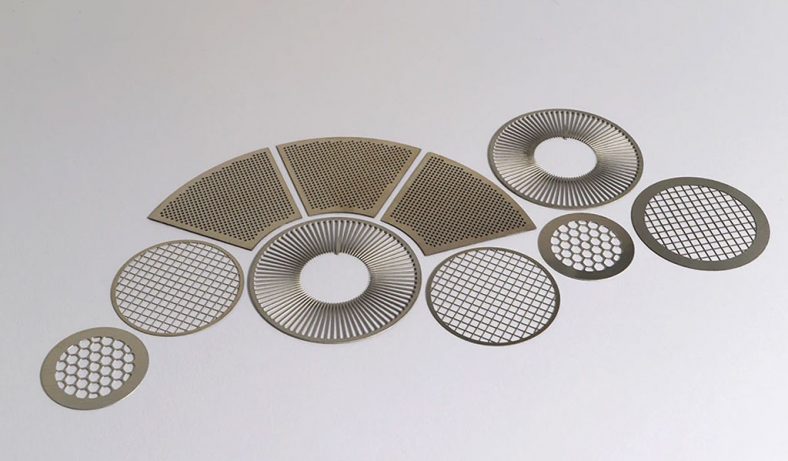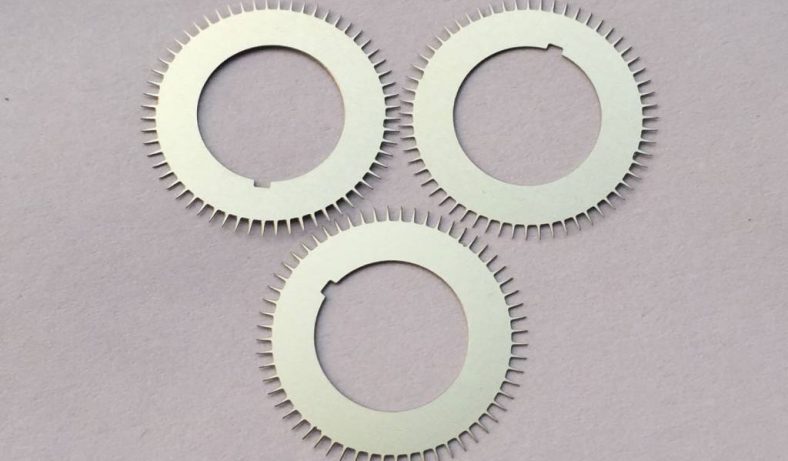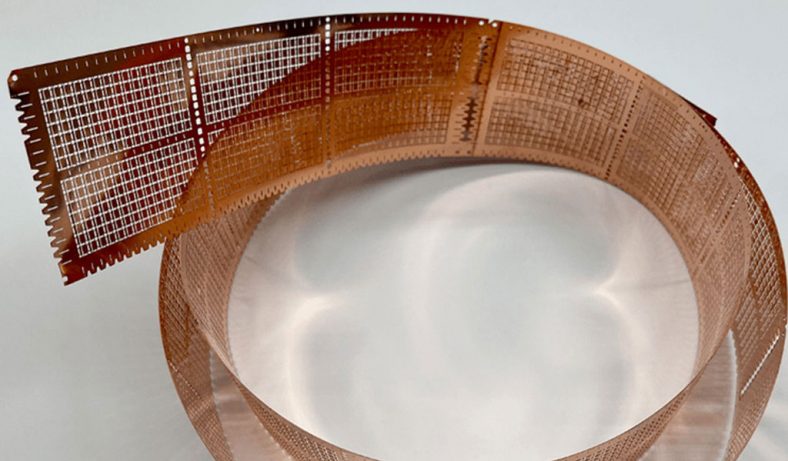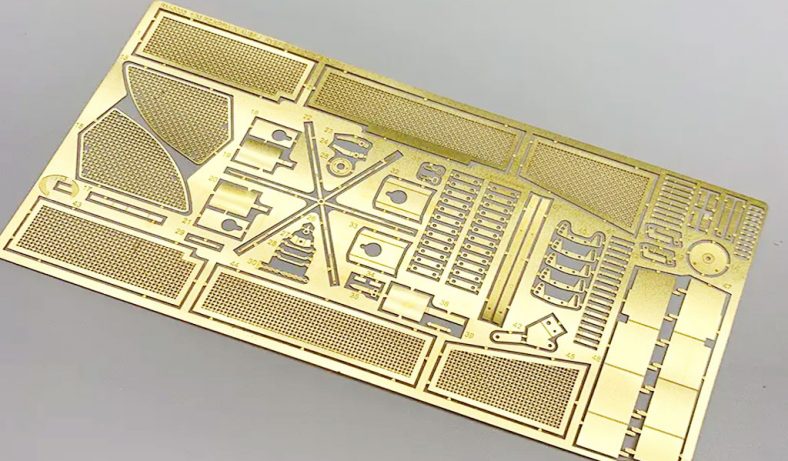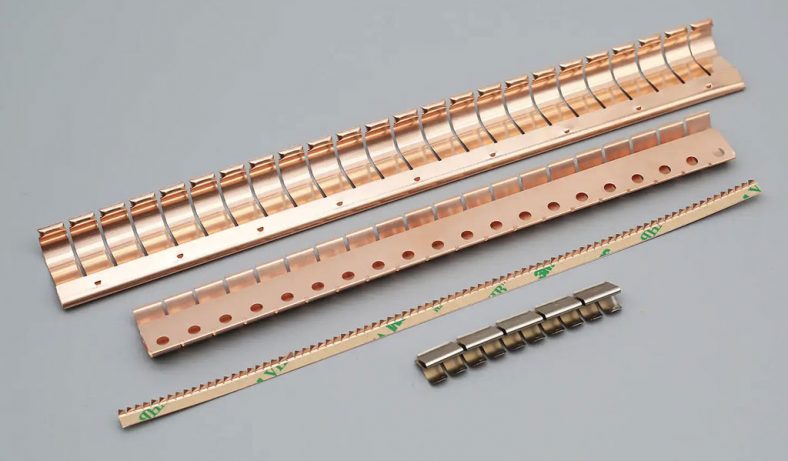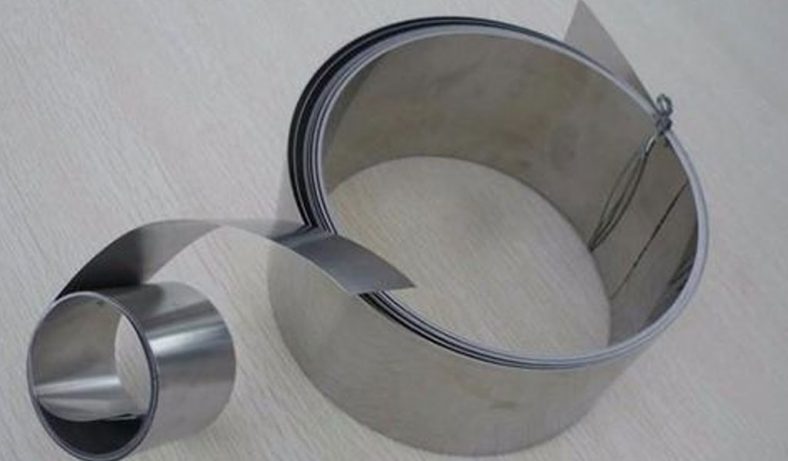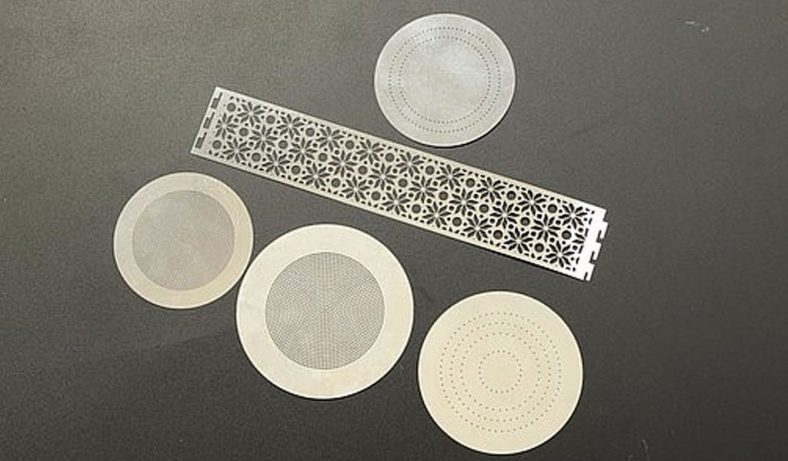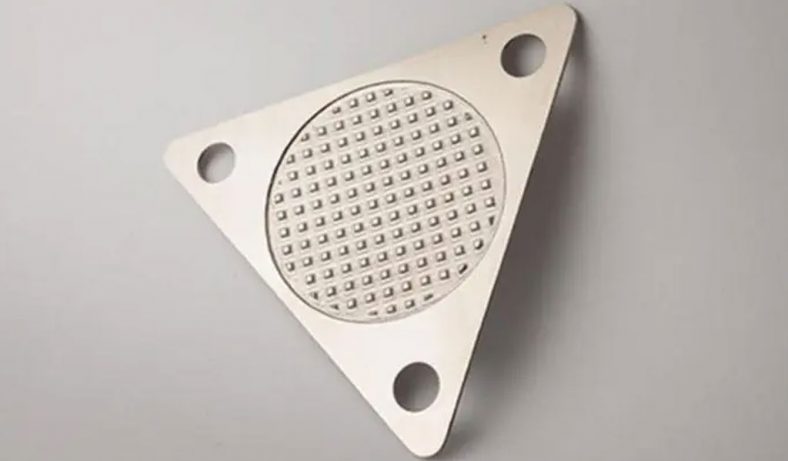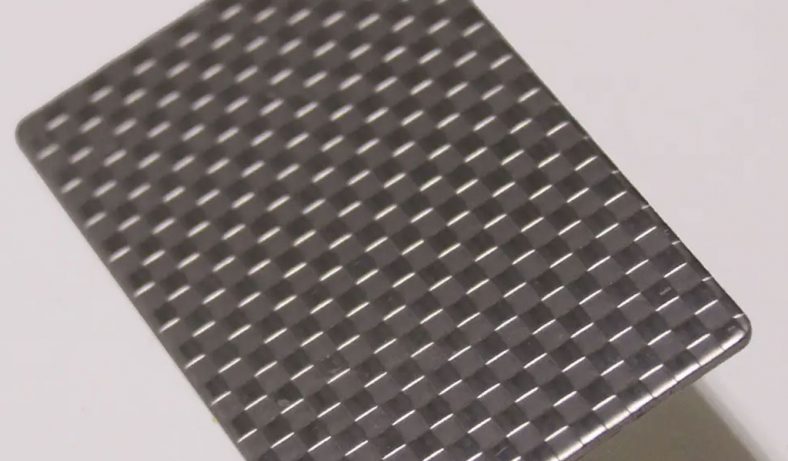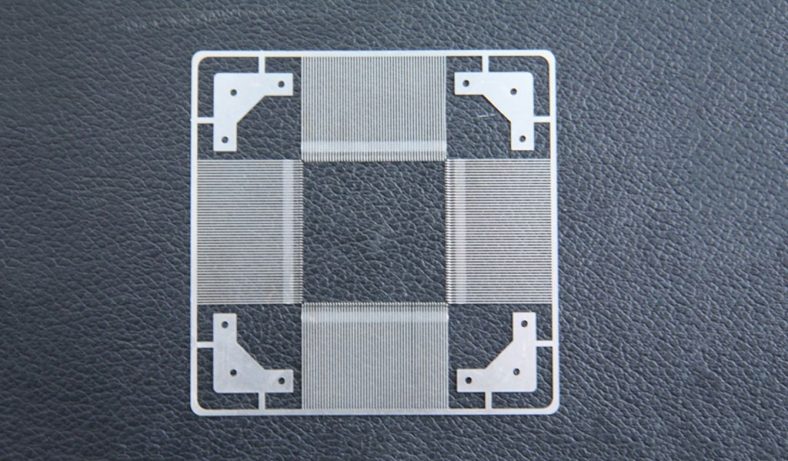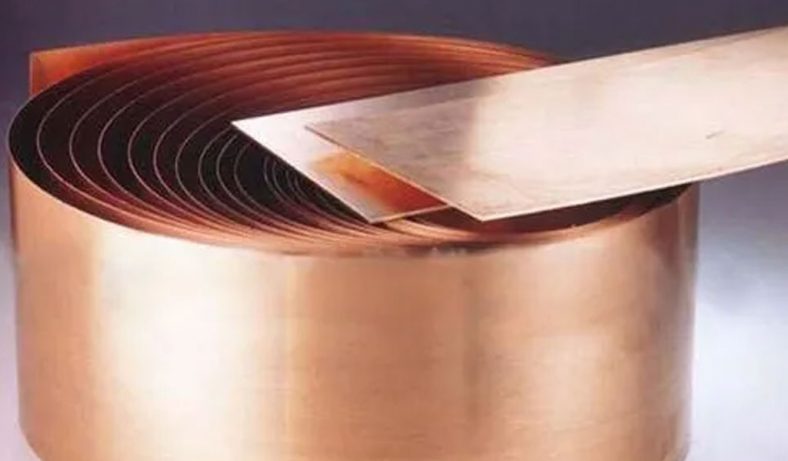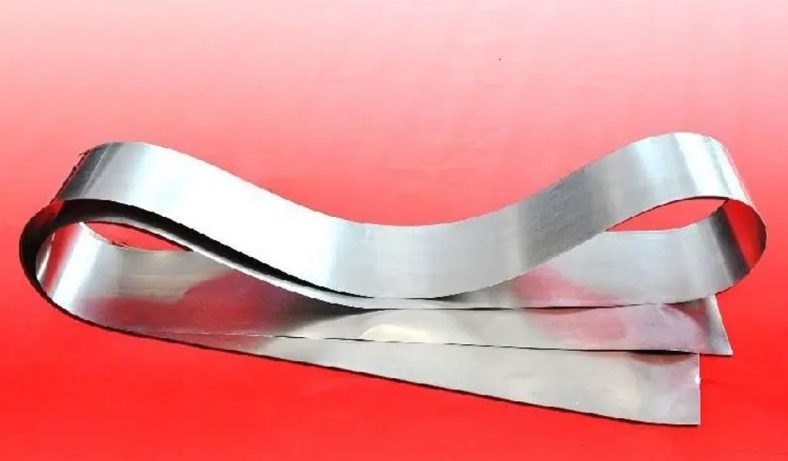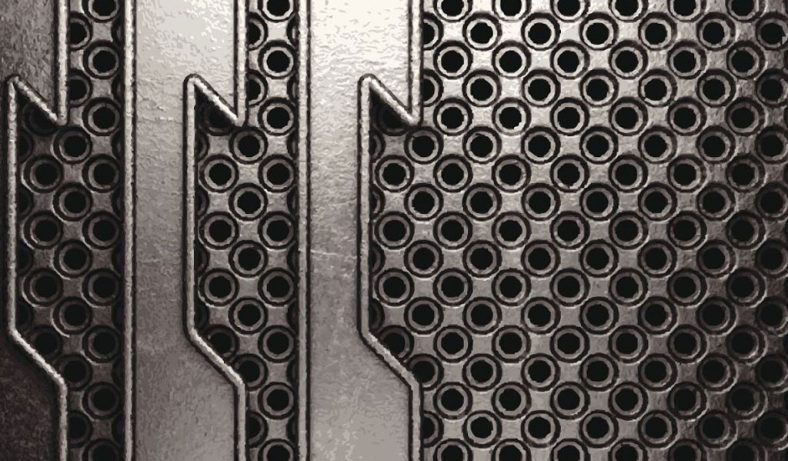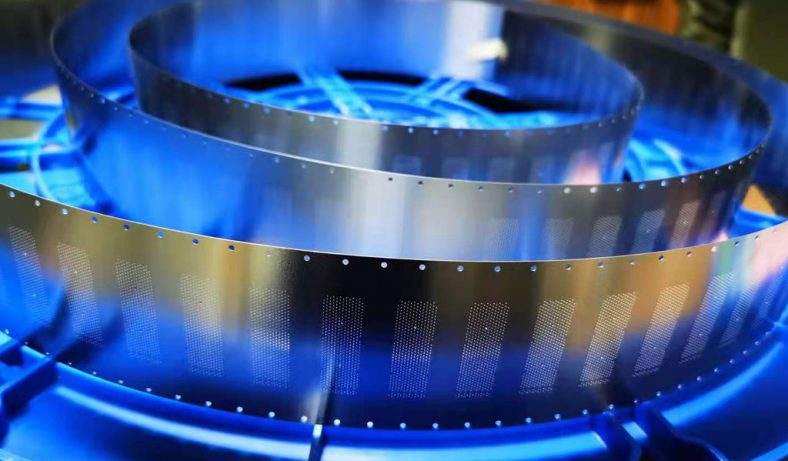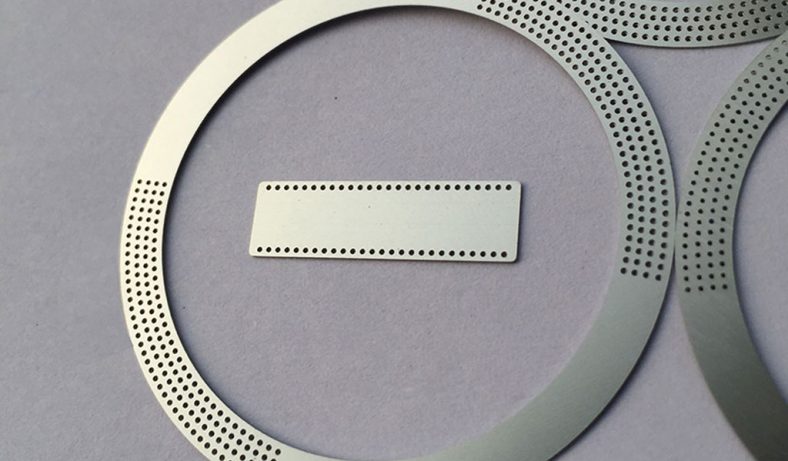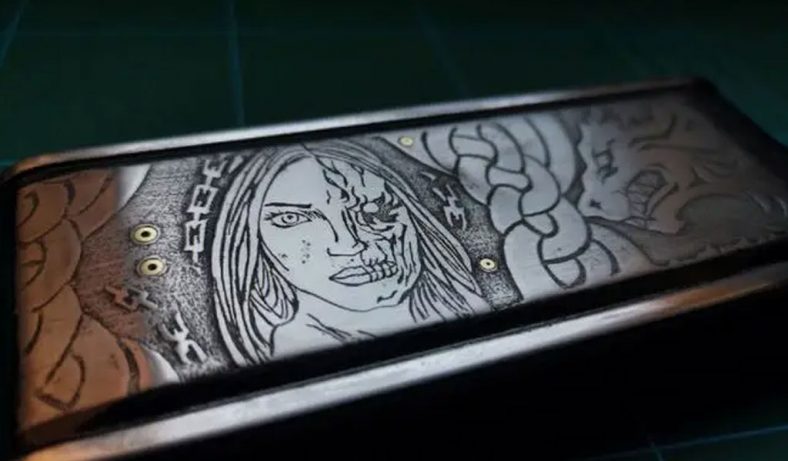Homepage » Metal Etching »
Zinc Chemical Etching – Zinc Etching
Zinc etching is a specialized metalworking process used primarily for the creation of intricate patterns, designs, and textures on zinc surfaces. As a form of metal etching, this process involves the controlled removal of material from the surface of zinc through the use of various chemicals, such as acids, salts, and other etching agents. The technique has been historically important in printmaking, particularly in the production of engravings and lithographs, and continues to have applications in art, industry, and other sectors that require detailed and durable designs.
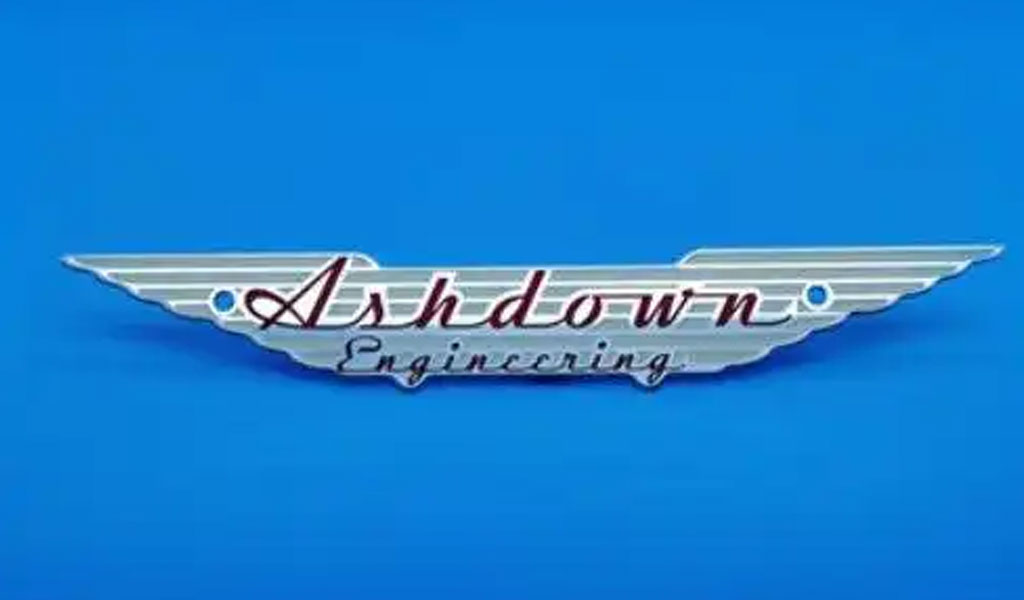
The use of zinc in etching dates back to the 18th century, although its prominence did not emerge until the early 19th century. Prior to the widespread use of zinc, copper plates were typically used in engraving and printmaking.
The introduction of zinc, a relatively soft yet durable material, revolutionized the process of etching, particularly in the realm of industrial engraving. Zinc offered an advantage over copper due to its lower cost, relative ease of handling, and ability to be etched with greater precision.
The first significant developments in zinc etching technology were seen in Europe, where zinc was used to produce metal plates for lithographic printing. This technique, known as zincography, enabled printmakers to reproduce images with a higher level of detail and efficiency than previously possible. Zinc plates became increasingly popular in the 19th and 20th centuries, especially as advancements in chemistry and industrial machinery made the etching process more accessible and precise.
Zinc etching was not only a medium for artistic expression but also played a crucial role in the development of technical applications such as circuit boards and other specialized industrial products. The ability to create fine, detailed designs on zinc surfaces made it ideal for both artistic prints and functional components in various industries.
Our Zinc Plate/Sheet/Roll Etching Service
If you need Zinc parts etched we are one of the most capable and affordable sources specializing in manufacturing custom etched parts on advanced photo etching machines with cnc precision. Through our Photo Chemical Etching process, the smallest and most complex designs are made possible such as electrical spring contacts, contact membranes, busbars, antennae and micro antennae, spring fingered contacts, heating elements and battery terminal as well as many other bespoke components to your own designs.
We can machine to print and accept the most common file formats including: .dwg .dxf .iges .step .sat as well as .pdf files. If you don’t see your file format here let us know. Please send us files to: [email protected] We can accept both small and large run jobs of custom Zinc etching parts.
Our Etching Capabilities
- Etching of many grades of Zinc
- Combining Stamping, Laser Cutting,CNC machining and photochemical etching on sheets up to 2mm thick
- Etching of up to 0.025″ thick sheets as large as 22×12 inches
- Tolerances of ±.0005″ in many applications
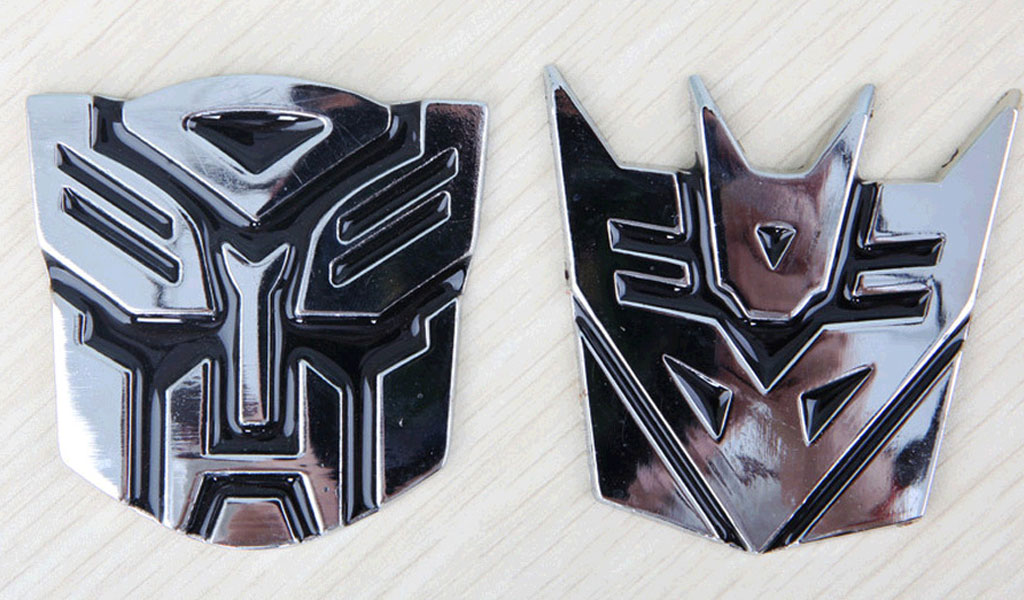
How To Etch Zinc
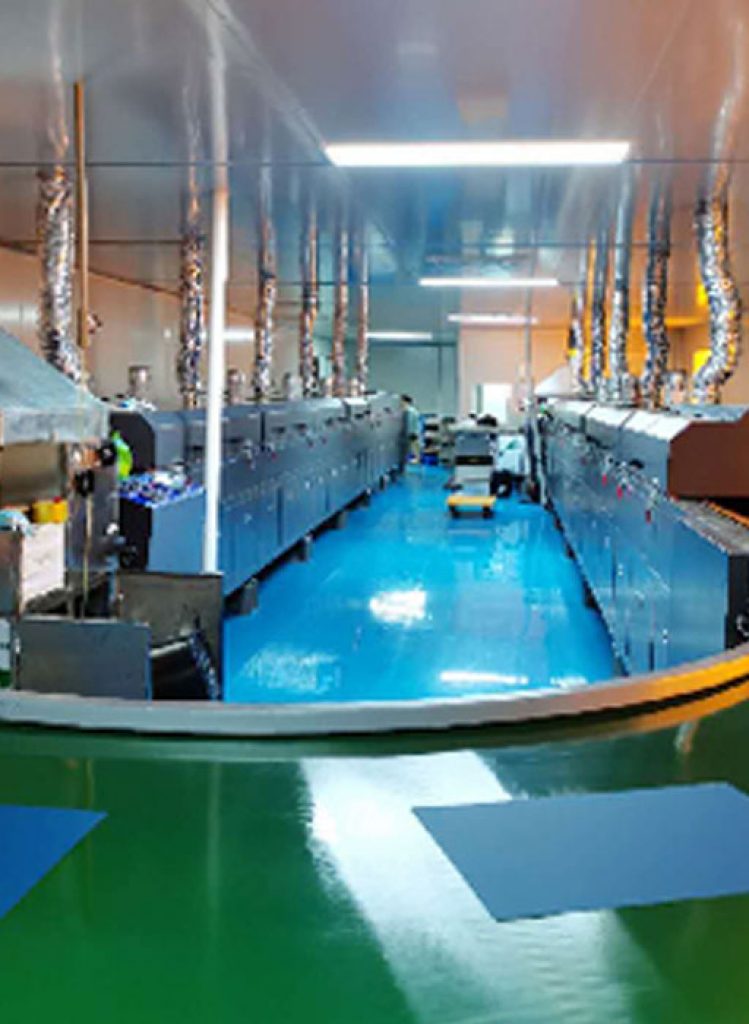
Automated-Coating 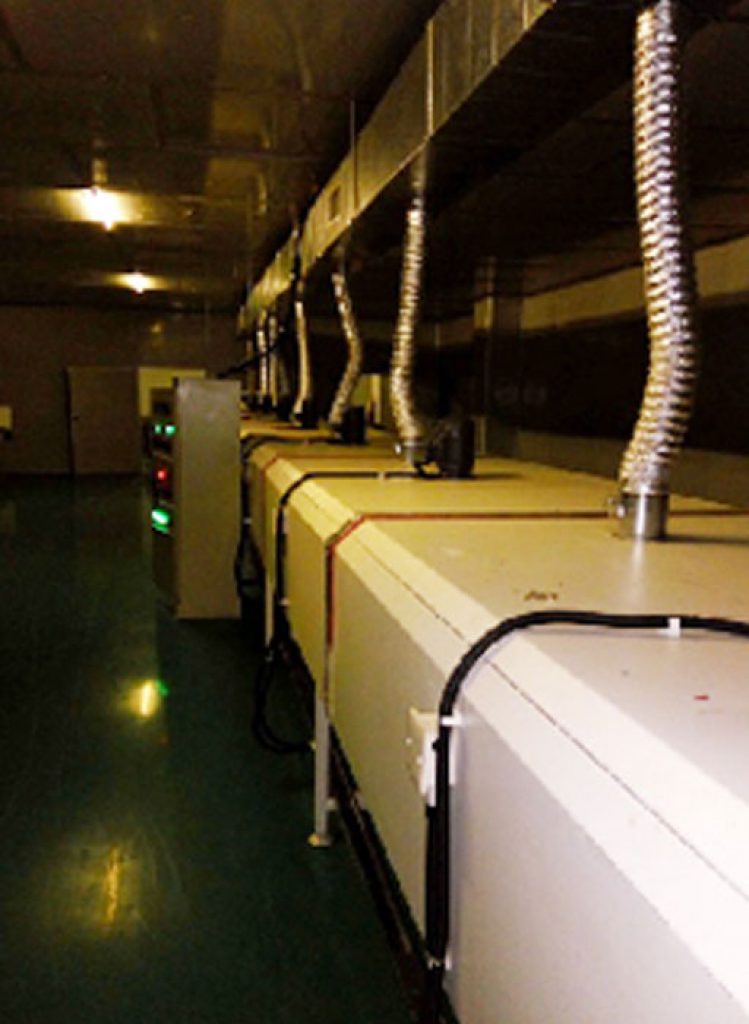
Automatic-Baking-Line 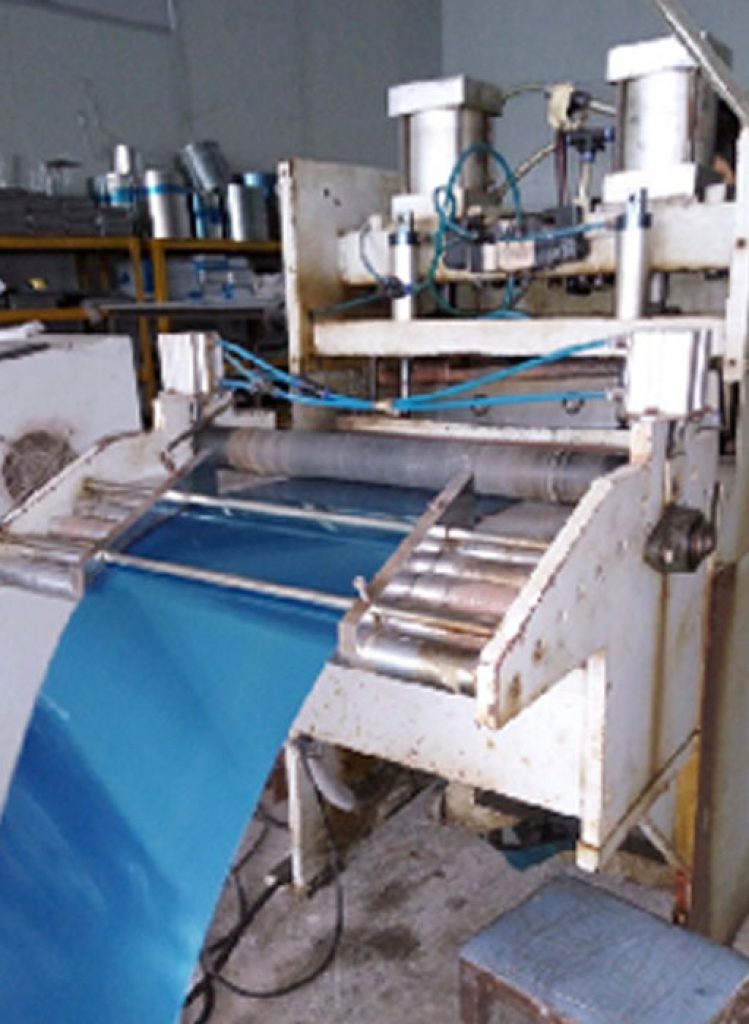
Automatic-Shearing 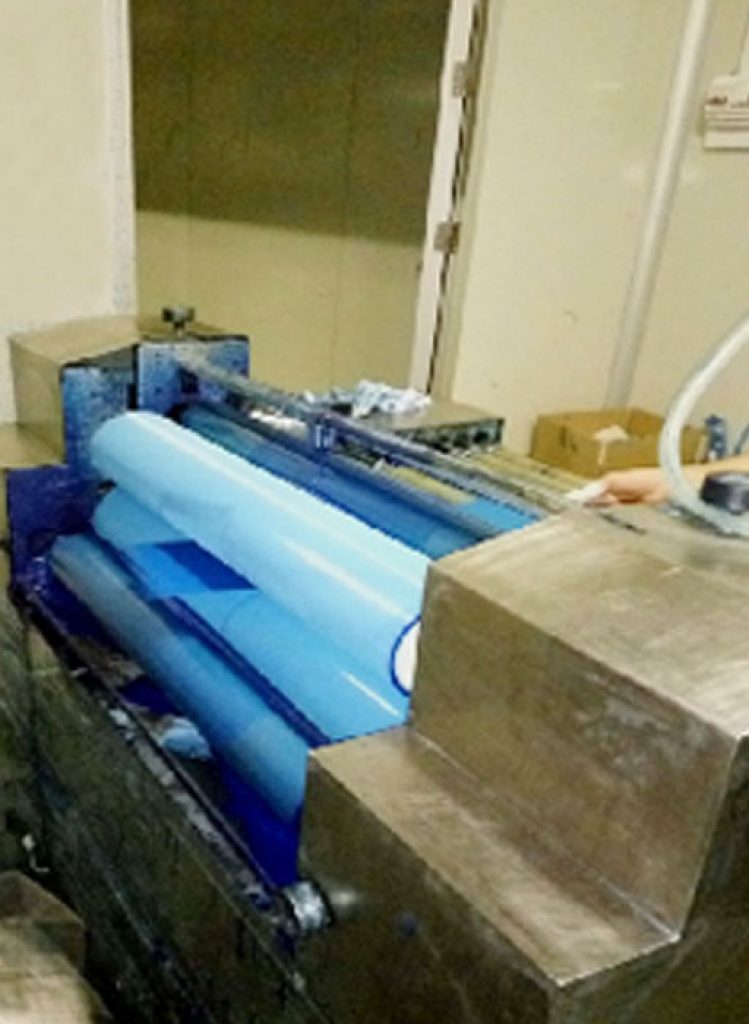
Coating-For-Etching-Parts 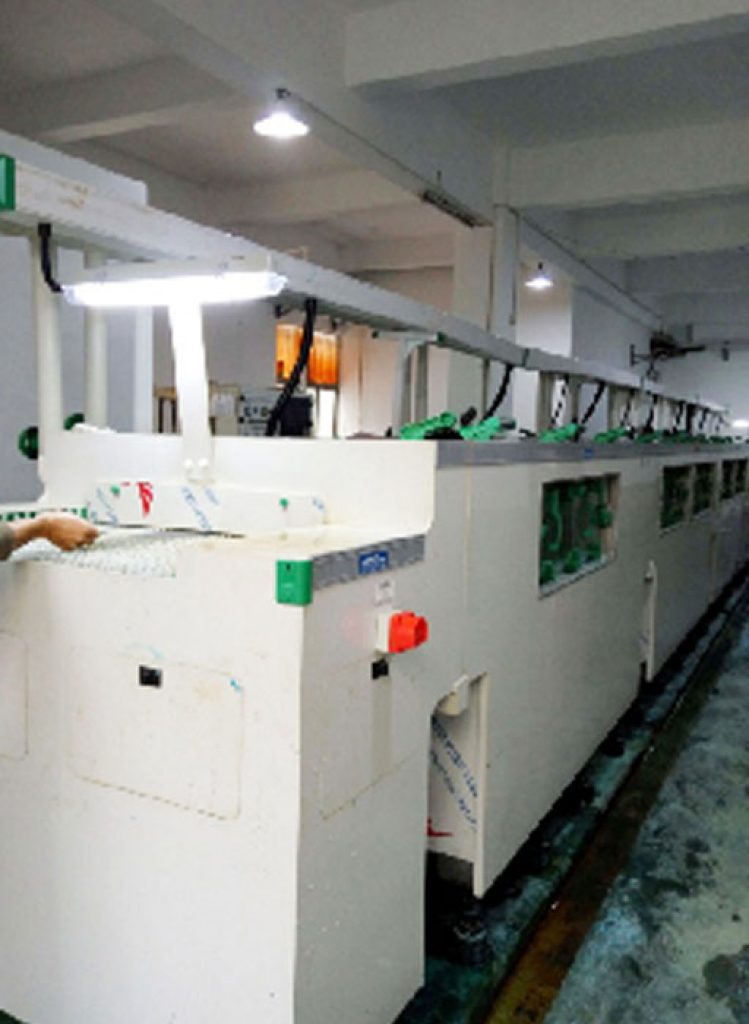
Deinking 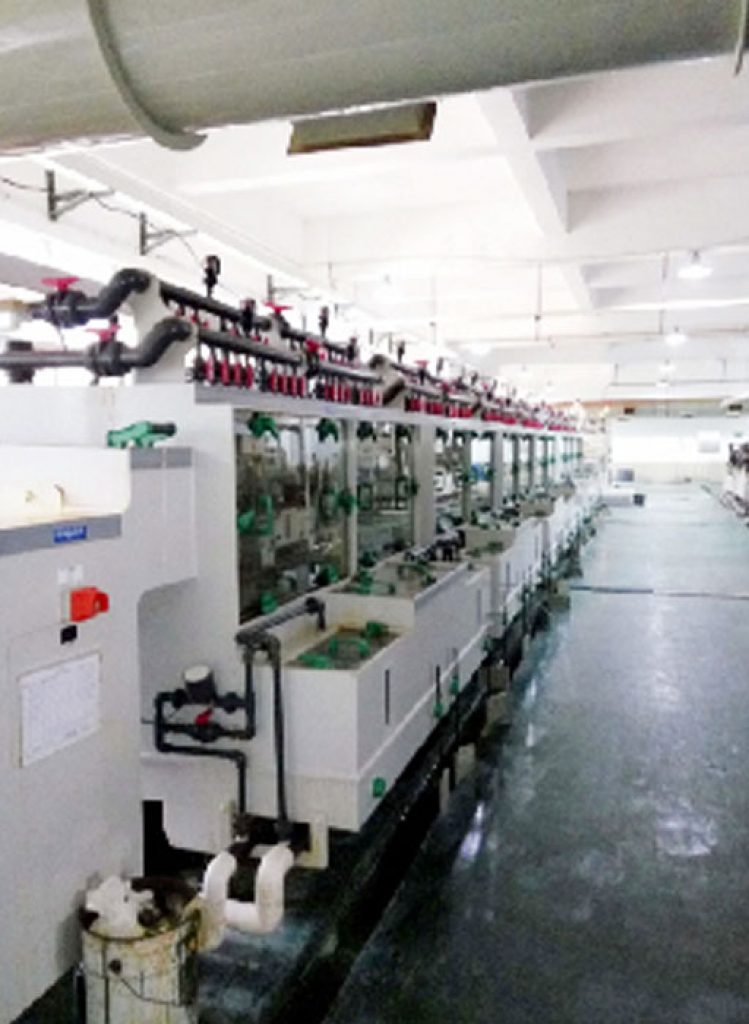
Etching 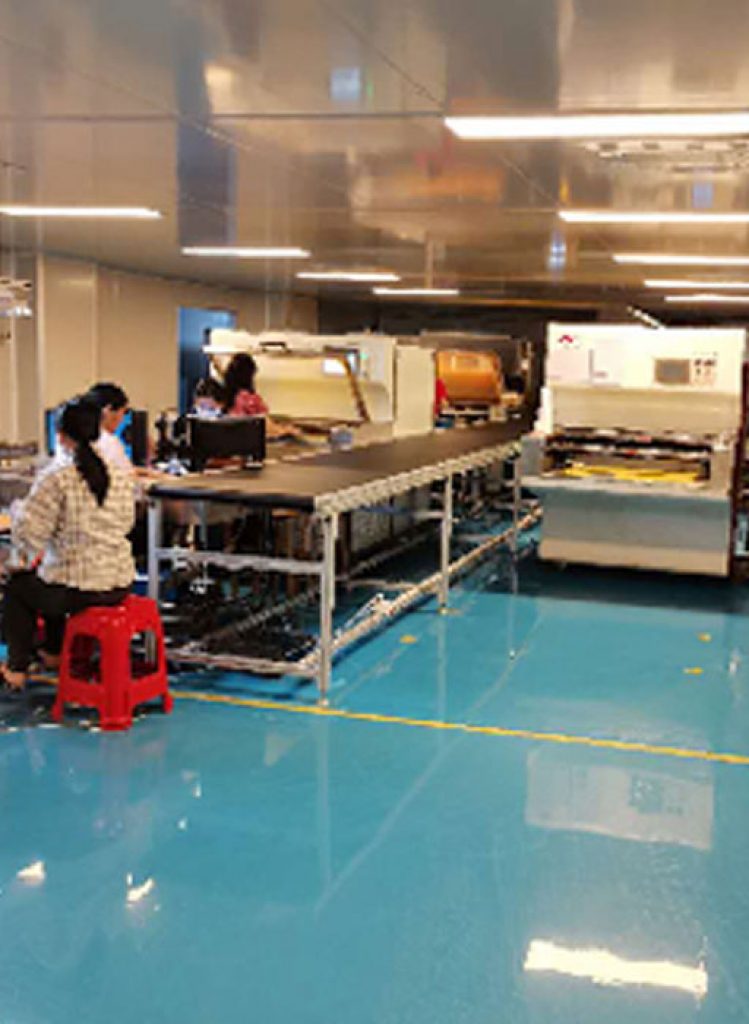
Exposure 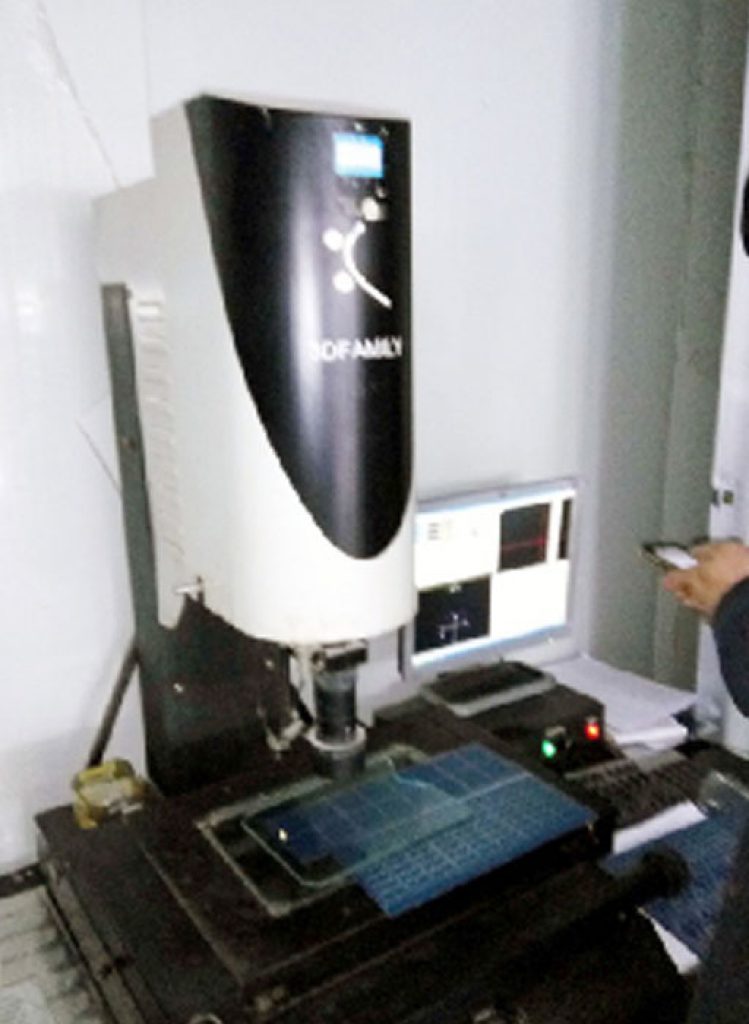
Inspection-For-Etching
Metal Grades For Zinc Etching
Zinc etching involves removing layers of nickel from a substrate to create precise and intricate patterns. The choice of Zinc grade can significantly impact the etching process and the quality of the final product. Here are some common Zinc grades used for etching:
Commercial-Grade Zinc (Zinc 99.95%)
Applications:
Art and printmaking
Industrial engraving
Lithographic etching (zincography)
Decorative metalwork
Circuit boards and electronic components
Properties:
High corrosion resistance
Good electrical conductivity
Excellent workability for etching
Relatively soft, making it easy to manipulate and etch
Smooth surface for fine detail
Zinc Alloy (Zinc-Aluminum Alloys)
Zinc-aluminum alloys can be used for etching, although the higher aluminum content may make the etching process slightly more challenging compared to pure zinc.
Applications:
Die casting (automotive, industrial parts)
Molds and dies for manufacturing processes
Mechanical parts that require higher strength
Structural applications in aerospace and automotive sectors
Properties:
Higher strength and durability than pure zinc
Resistance to wear and corrosion
Increased hardness, making it more challenging to etch
Better suited for more rugged, industrial applications
Zinc-Copper Alloys (Brass and Bronze)
Applications:
Coins and medals
Decorative items (jewelry, nameplates)
Industrial components
Mechanical parts, such as gears or valves
Properties:
Stronger and more durable than pure zinc
Increased corrosion resistance, particularly in marine environments
Unique aesthetic appearance
Harder to etch compared to pure zinc, requiring stronger or more concentrated acids
Zinc-Nickel Alloys
Applications:
Coatings for corrosion protection in the automotive and aerospace industries
Components exposed to harsh environments (e.g., marine, industrial applications)
Battery parts and other electrochemical devices
Properties:
Excellent corrosion resistance, particularly in harsh environments
Harder and more durable than pure zinc
Tougher to etch, requiring more specialized methods or stronger acids
High resistance to wear and damage
Zinc-Magnesium Alloys
Applications:
Structural components in the aerospace and automotive industries
High-performance parts exposed to wear or stress
Parts that require both strength and corrosion resistance
Properties:
Stronger and harder than pure zinc
Better wear and fatigue resistance
More challenging to etch, requiring special etching agents or techniques
Components That Are Produced By Etching Zinc
The popularity of Zinc makes it a desirable metal for use in fabrication because it is easy to manufacture and has favorable properties for many industrial products.With the photo etching process, the metal is etched evenly without any structural deformations from the hard tooling used in stamping and punching.Since there isn’t a heat point of contact like laser cutting, the parts’ metal properties remain unchanged and free from thermal deformations.Get inspired by our custom etching part projects and contact us to Get Instant Quote for rapid prototype or Zinc etching parts start from 1pcs.
Metal Etching Certification,Equipment List and Quality
We are committed to enlisting the full support of all employees to continuously improve our processes and enhance quality, thereby fulfilling our customer's needs with defect free products and services, on time and every time
- ISO 9001:2015 certified
- Compliance in DFARS materials sourcing requirements
- Strict compliance with PPAP and Process FMEA
- Fully compliant with the exacting requirements of our customers
- ITAR registered
- NIST cybersecurity standard compliant
- Proprietary Patented quality systems
- Skilled in KanBan and other customer driven quality and inventory management systems
Metal Etching Material
BE-CU is experienced in precision etching various metals, allowing customers the freedom to specify components in hundreds of different materials.
The Surface Treatment Of Metal Etching Parts
Do you want your etching parts to be more corrosion-resistant or get a specific look? Metal finishing service is a essential choice to achieve your design perfectly. BE-CU – metal-etch.com is an accomplished finished parts manufacturer, our workers and craftsman are capable to provide precision metal etching services and a wide range of finishing services including aluminum anodizing, painting, passivation, electroplating, powder coating, polishing, black oxide, conversion coating, abrasive blasting, etc. We offers several common surface finishes to help improve functionality and aesthetics.
- Anodizing (Anodized)
- Passivation
- Plating (Electroplating)
- Painting
- Black Oxide (Hot Blackening)
- Polishing
- Powder Coating
- Heat Treatment
- Satin Finish
- Abrasive blasting (Sandblasting)
- Conversion coating
- Tungsten carbide coating
After browsing a list of metal finishing services, select a process based on essential considerations, like production time, cost-effectiveness, part tolerance, durability and applications. High-tolerance metal etching parts are not recommended to apply secondary metal surface finish, because the treatment may change the sizes of the finished part through removing or adding a small amount of materials.
Other requirements or custom designs, welcome to contact us for a free quote fast!

